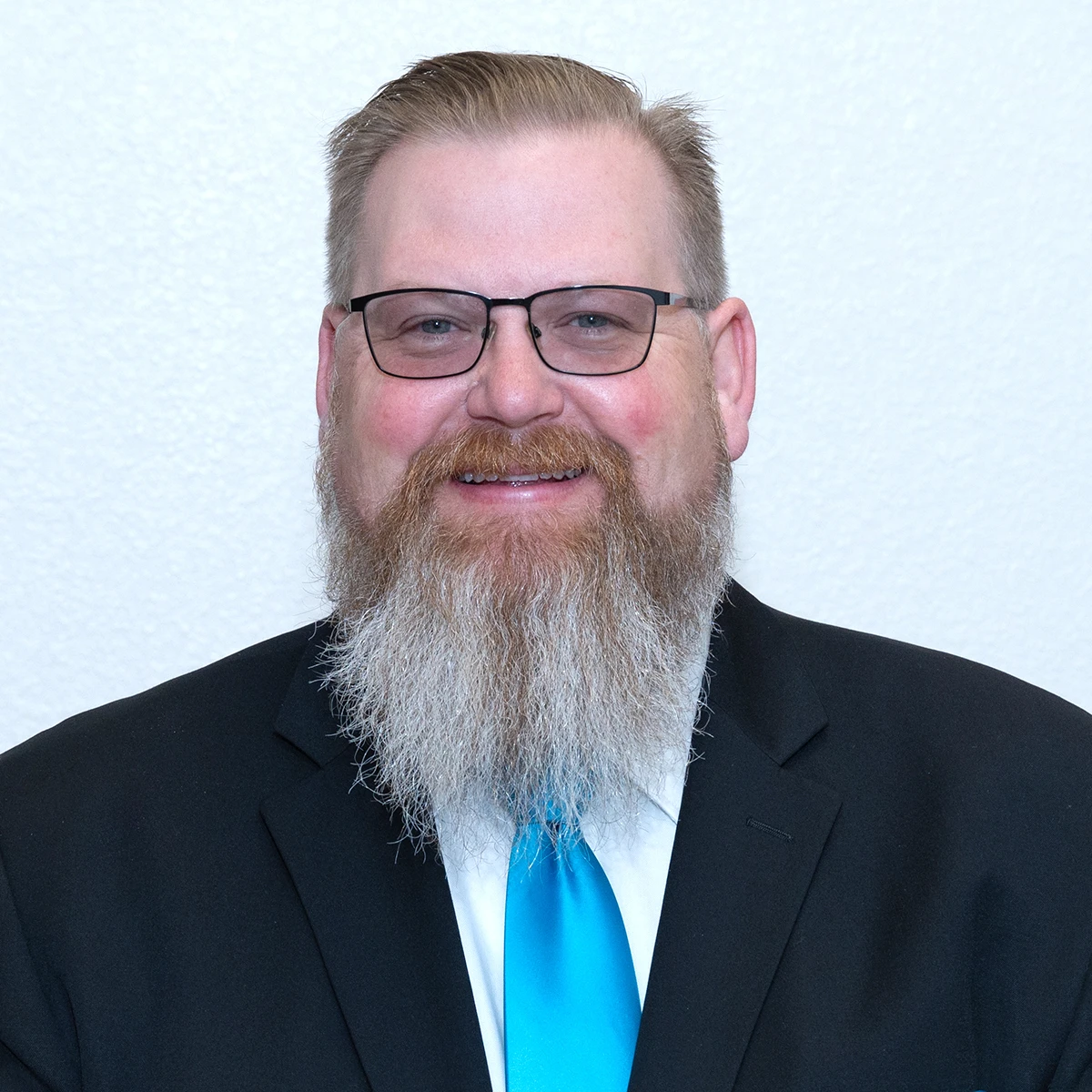Genuine. Authentic. Real. Prized relationships revolve around these concepts. We do not trust fake and flaky people. Smarminess and superficiality make us feel used and unimportant. However, genuine fealty and concern make us feel loved and respected.
Avoidance
We often avoid evangelism because it feels canned, forced, or disingenuous. Programs, processes, and plans have led many to view proselytizing negatively because it seems divorced from genuine connection. Many personal study tools corral us into prepared lines and responses, like a trained telemarketer. Evangelism gets reduced to a flowchart. We don’t want to come across as fake, so we don’t come across at all.
I understand the desire to develop and use good evangelism materials. It gives Christians more confidence in sharing the good news with other people. Study programs help give Christians “ready answers.” They also supply a plan with a beginning, middle, and end, and help keep the study focused on the goal—salvation. However, the weakness of these studies isn’t in the material or the goals, it is in our connection with others. Often, they take the personal out of personal evangelism.
Ordinary People
In 2009, Kevin Harney wrote Organic Outreach for Ordinary People as an attempt to overcome the formulaic curse of evangelism. Harney and I disagree over what we teach in personal evangelism. But I agree with his concerns about the motivation and manner of evangelism. Tools like Back to the Bible, Open Bible Study, and Fishers of Men are important and have their place, but evangelism needs genuine connection.
Over the next few weeks, we will use principles from Harney’s book to motivate us in our personal work. This Organic Outreach series will encourage experienced and inexperienced Christians to make evangelism an organic outgrowth of their faith.

Preaching Minister
